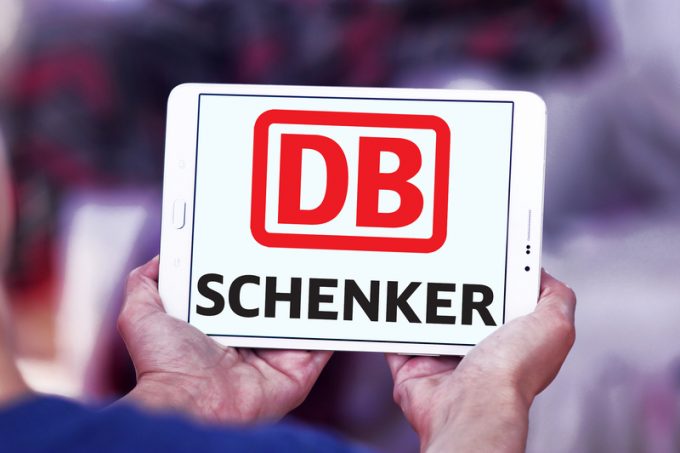DSV – 'overheating'
Exhaustion setting in?

“As you know, we are looking into our options regarding a sale of DB Schenker. This analysis is going as planned. It will take some more time, as is normal in these situations.”
So said Deutsche Bahn as it released its half-year results this morning, revealing ...
CMA CGM South Korean staff strike over bonuses after bumper 2024 profit
MSC switches two more Asia-Europe port calls from congested Antwerp
CMA airline returns two freighters, while ANA takeover of NCA looms
Nightmare for Bangladeshi exporters as congestion and tariffs bite
Front-loading frenzy has made traditional H2 peak season 'unlikely'
Tradelanes: Export boom in Indian sub-continent triggers rise in airfreight rates
Mexican airport modernisation plan unlikely to boost cargo facilities
Carriers introduce surcharges as congestion builds at African ports

Comment on this article